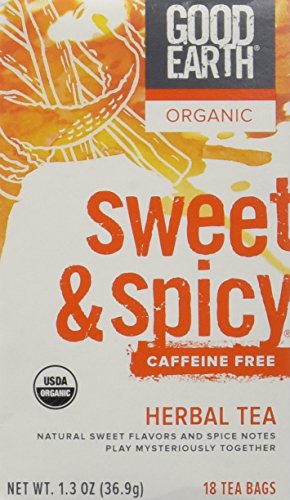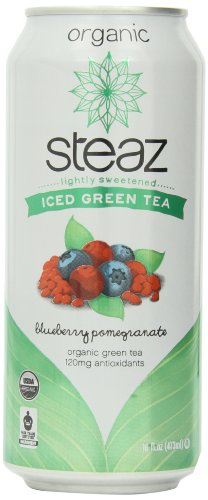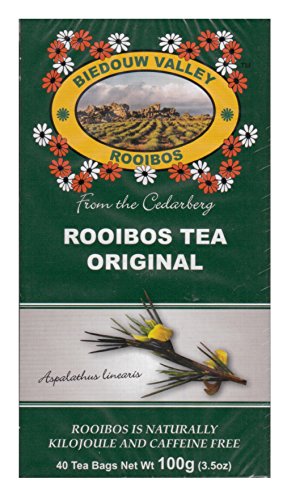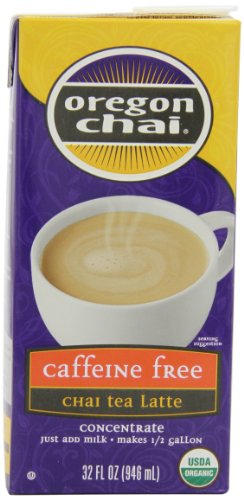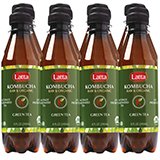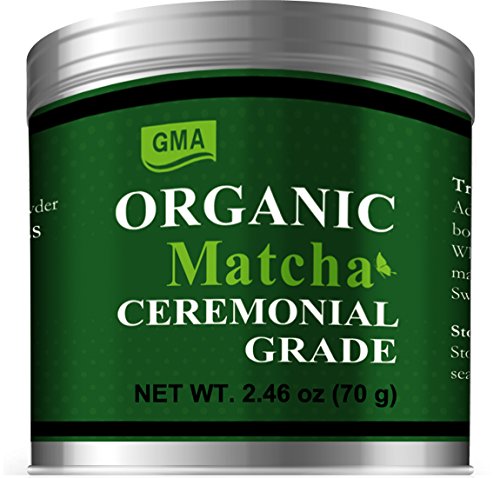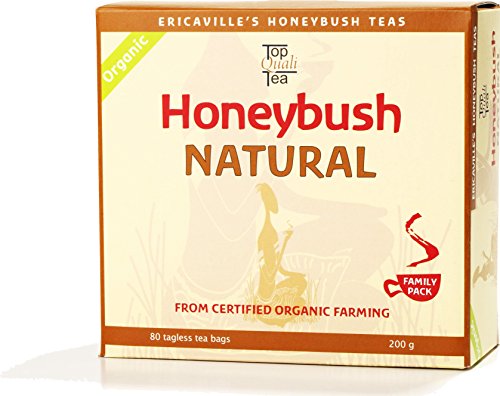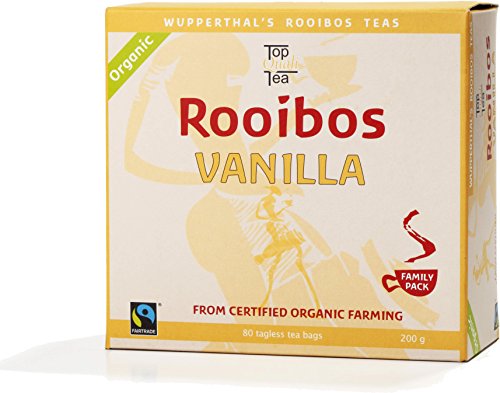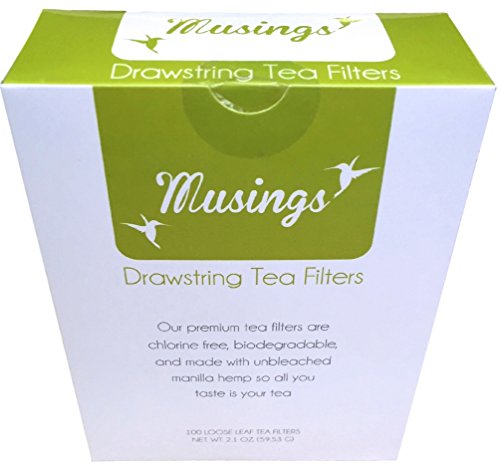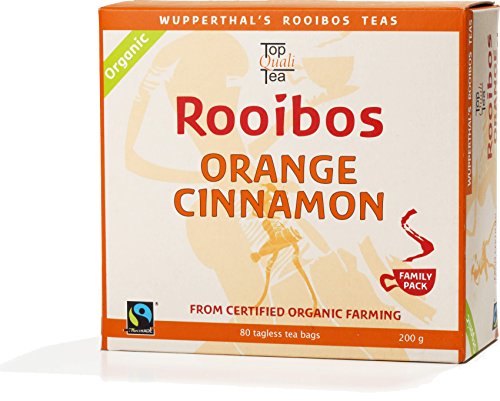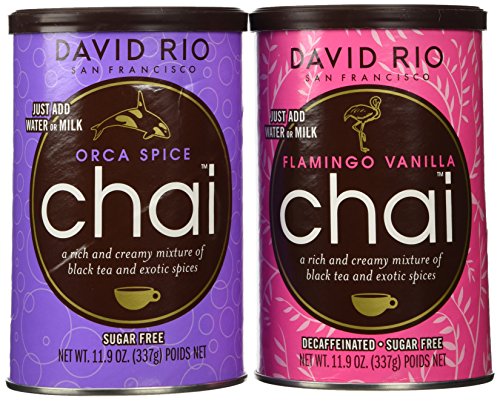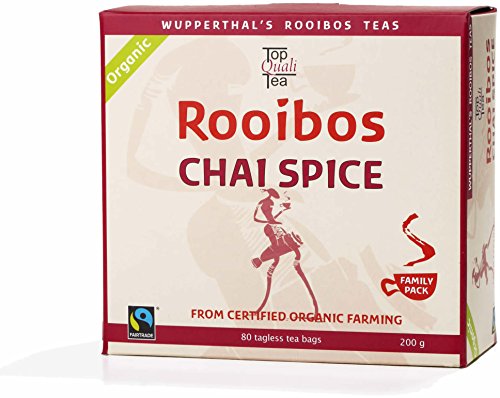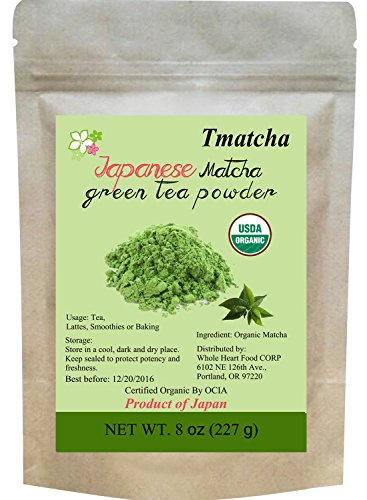The combination of pure Orange oil, the abundance and aroma of the Cinnamon and the distinctive taste of the Rooibos makes this blend an aromatic adventure. The use of Cinnamon as a medicinal plant is very old. It is believed that it contains Vitamin C, mix with the pure Orange oil, and you have a tasty drink for cold winter nights. The Story of Rooibos It was the local people who first discovered that the fine, needle-like leaves of the wild Aspalathus Linearis plant made a tasty, aromatic tea. Found nowhere else in the world but the northern Cederberg region in the Western Cape, Rooibos became a staple of health and culture for the aboriginal peoples of South Africa. Why is Fair Trade Important? Unfortunately, as Rooibos became popular with the white settlers in the 1800’s, the native farmers were pushed off their lands and endured over a century of oppression. Rooibos became cultivated on vast plantations and exported throughout the world. Still today over 98% of all Rooibos is plantation-grown. If your Rooibos doesn’t say Fair Trade then think again about buying it. The Wupperthal Difference In 1998 against all odds, Wupperthal Original Rooibos Cooperative was established. Wupperthal is a democratically organized group of small-scale farmers who have grown Rooibos in South Africa for generations. The Wupperthal farmers, having been pushed off the most fertile land in the 1800’s, now grow food in the very dry, rocky soil of the Cederberg Mountains which presents a big challenge for most of their crops. With Rooibos, however, the slower growth and lower production has resulted in notably higher quality tea compared to plantation Rooibos. Wupperthal Rooibos tea is known throughout the industry for its superior taste and quality. And it’s guilt-free!


